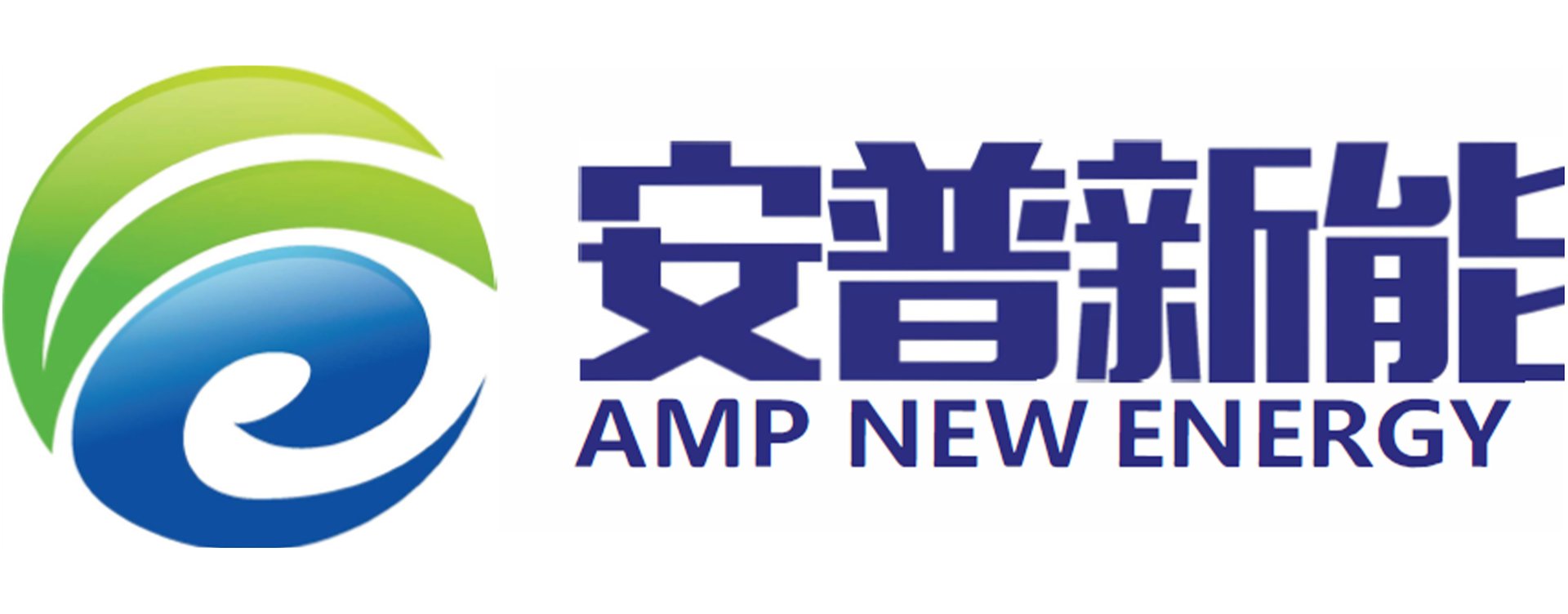Innovative Strategy to Enhance Lithium-ion Batteries: External Lithium Supply
Abstract: This study introduces a novel external lithium supply strategy using organic lithium salts (LiSO2CF3) to address lithium deficiency and prolong the longevity of Lithium-ion Batteries. By integrating organic electrochemistry with machine learning techniques, lithium ions are released during charging without dismantling batteries, enabling a non-invasive and rapid lithium replenishment. This method notably boosts energy density, sustainability, and cost-effectiveness in Lithium-ion Batteries, even extending the lifespan of commercial types like lithium iron phosphate batteries significantly.
Research Background on Lithium-ion Batteries
Lithium-ion Batteries are pivotal in today's energy storage realm, powering devices from smartphones to electric cars. Their escalating demand exposes challenges such as limited energy density, lifespan, and material availability. Traditional approaches hinge on electrodes pre-loaded with lithium ions, but lost lithium ions degrade battery capacity, curtailing lifespan. Moreover, inadequately addressing lithium supply narrows the scope for lithium-deficient materials within these batteries. Thus, revolutionizing lithium supply methods within Lithium-ion Batteries is crucial for elevating their performance and lifespan.
Research Methods: Machine Learning and Organic Chemistry in Lithium-ion Batteries
This research blends machine learning and organic chemistry to curate a molecular library of 240 organic lithium salts. Utilizing hierarchical clustering, the study selects promising molecular structures. The efforts identified LiSO2CF3 as a potent external lithium source, decomposing via anodic oxidation during charging in Lithium-ion Batteries and releasing lithium ions efficiently without residue.
Analysis and Results on Lithium-ion Batteries
Analysis reveals LiSO2CF3's decomposition potential in standard carbonate electrolytes at 3.8 V, aligning closely with theoretical projections. It shows commendable solubility and stability in air. Applied to lithium-free electrodes like Cr8O21 and organic sulfurized polyacrylonitrile, remarkable energy densities (1192 Wh/kg and 388 Wh/kg) were achieved, substantially lengthening cycle life. Commercial graphite | LiFePO4 Lithium-ion Batteries retained 96.0% capacity after 11,818 cycles using multiple external lithium reinforcements, underscoring its longevity boost.
Evaluation and Discussion of Lithium-ion Batteries
This external lithium supply strategy for Lithium-ion Batteries offers non-invasive, rapid replenishment advantages superior to traditional prelithiation techniques. Its compatibility across different materials and systems posits significant potential for widespread implementation. However, LiSO2CF3's limited solubility in carbonate electrolytes could impede efficiency on a grand scale, demanding future research to optimize electrolyte systems for heightened solubility and performance in Lithium-ion Batteries.
Summary and Critical Insight on Lithium-ion Batteries
This cutting-edge strategy efficiently addresses lithium scarcity in Lithium-ion Batteries, considerably extending lifespan while enhancing energy density and sustainability. Although needing improvements in LiSO2CF3 solubility for broader application, the research opens avenues for high-performance battery material development. Future efforts should emphasize verifying long-term stability and economic feasibility in real-world applications of Lithium-ion Batteries.

